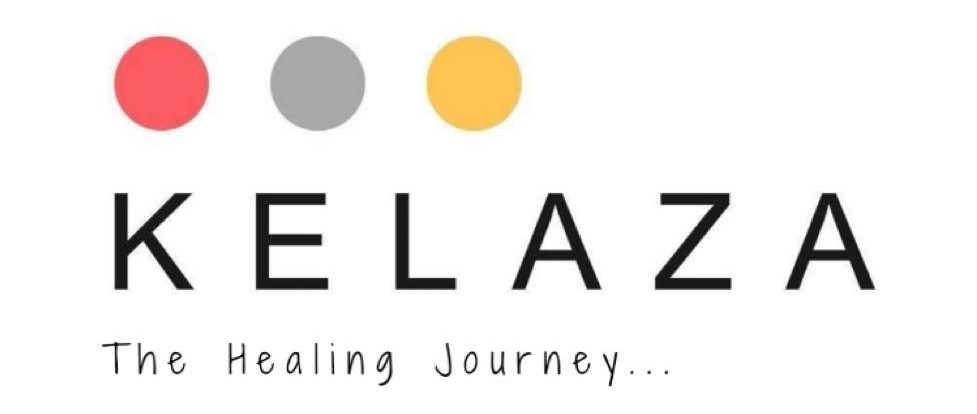
Or, you can type in accounting + “guest posts” or “contribute” into Google — and see what opportunities come up. Send an email or text to any past employer or clients and ask them to leave a genuine review about your freelance bookkeeping work. Plus, G Suite gives you 30GB Cloud Storage, business bookkeeping shared calendars, and access to G Docs, Sheets, Slides, and other office tools. The more professional you look online, the more likely potential clients will want to work with you. Missing deadlines, inefficiencies, and lack of accuracy can plague on-site bookkeepers — but not you.
- It might (and it should) cost more than their basic level, but the option should be there.
- FreshBooks provides tools for you to customize the look and feel of your invoice so that every message matches your branding.
- Freelancers who primarily want to track expenses for billing clients will love FreshBooks because of its invoicing capabilities.
- There’s also automated credit and corporate card reconciliation so that your purchases are categorised right away.
It can also enhance your earning potential and career advancement opportunities. Below, we explore 17 careers in accounting across several core categories for your consideration. The single-entry and double-entry bookkeeping systems are the two methods commonly used.
Best Small Business Accounting Software in 2024
Our expert CPAs and QuickBooks ProAdvisors average 15 years of experience working with small businesses across various industries. Double-entry bookkeeping is the practice of recording transactions in at least two accounts, as a debit or credit. When following this method of bookkeeping, the amounts of debits recorded must match the amounts of credits recorded. This more advanced process is ideal for enterprises with accrued expenses. Yes, because it can assist in calculating the amount of taxes owed, as well as the dates quarterly payments are due.
Whether you’ve already earned a MAcc degree or are looking to pursue an online MAcc, a Master of Accountancy is more versatile than you might think. Bookkeeping is the recording phase while accounting is concerned with the summarizing phase of an accounting system. Bookkeeping provides necessary data for accounting and accounting starts where bookkeeping ends. All Financial transactions undertaken by a business entity are posted in ledgers using the information from receipts and other documentation.


Share your feedback about this course